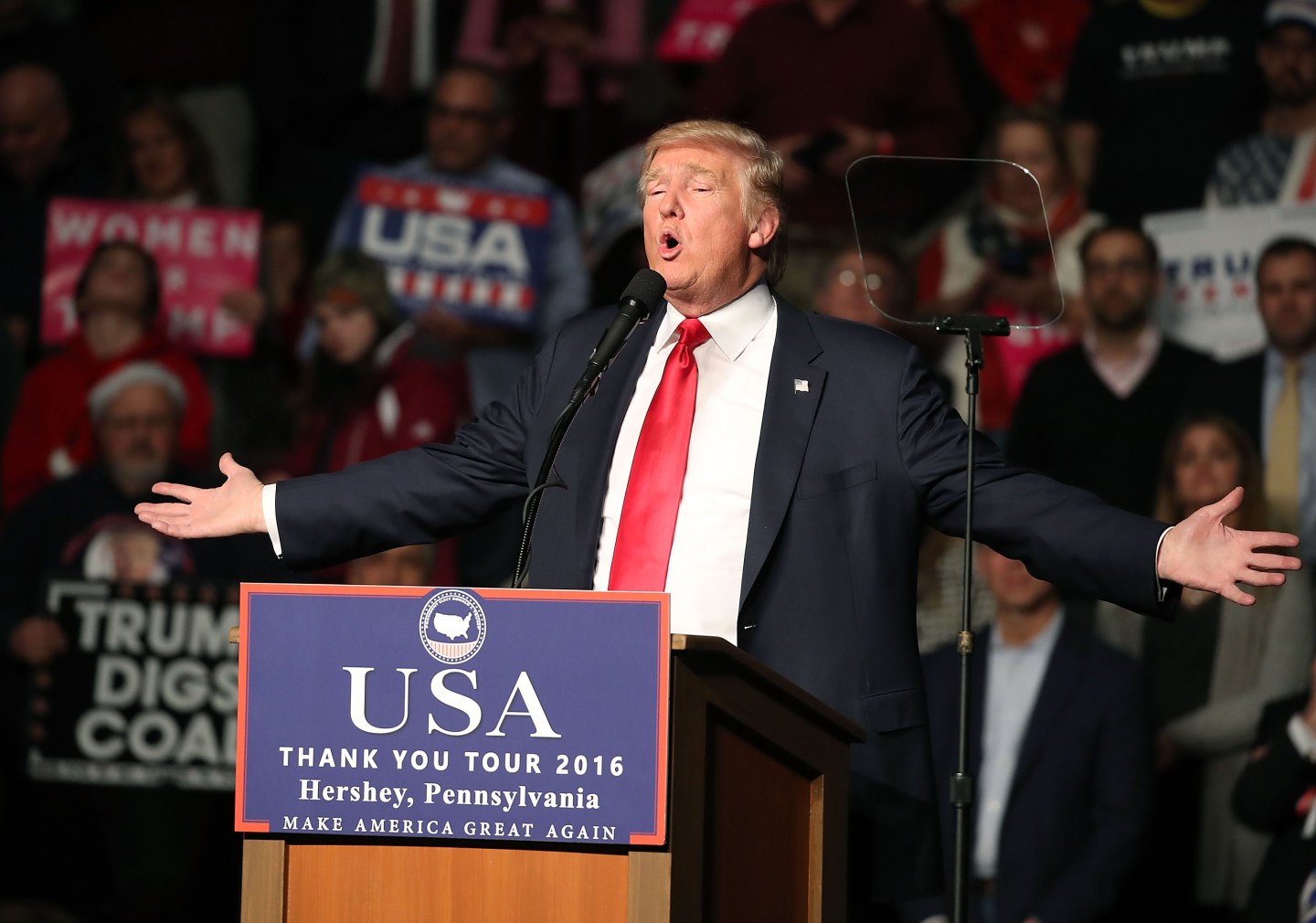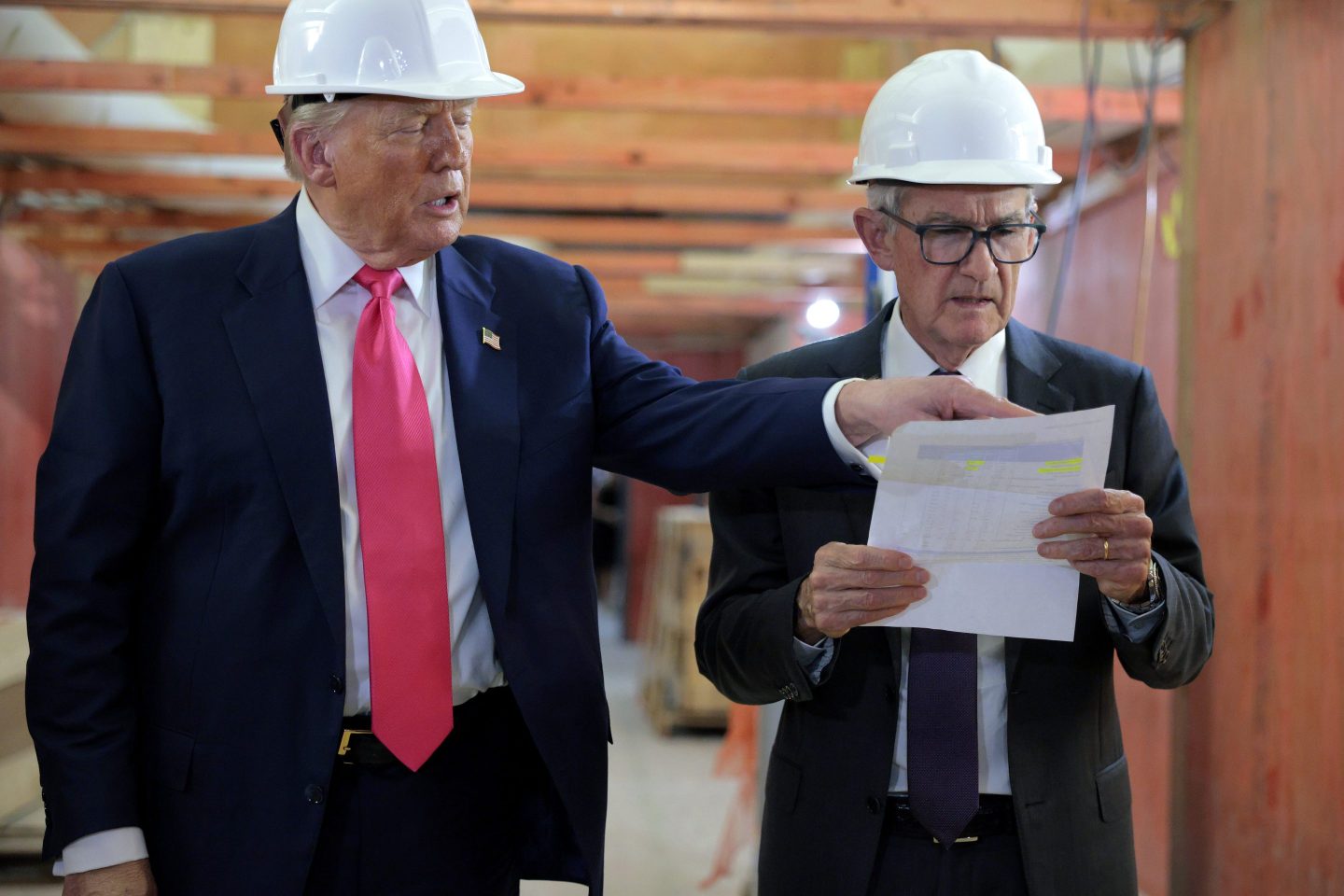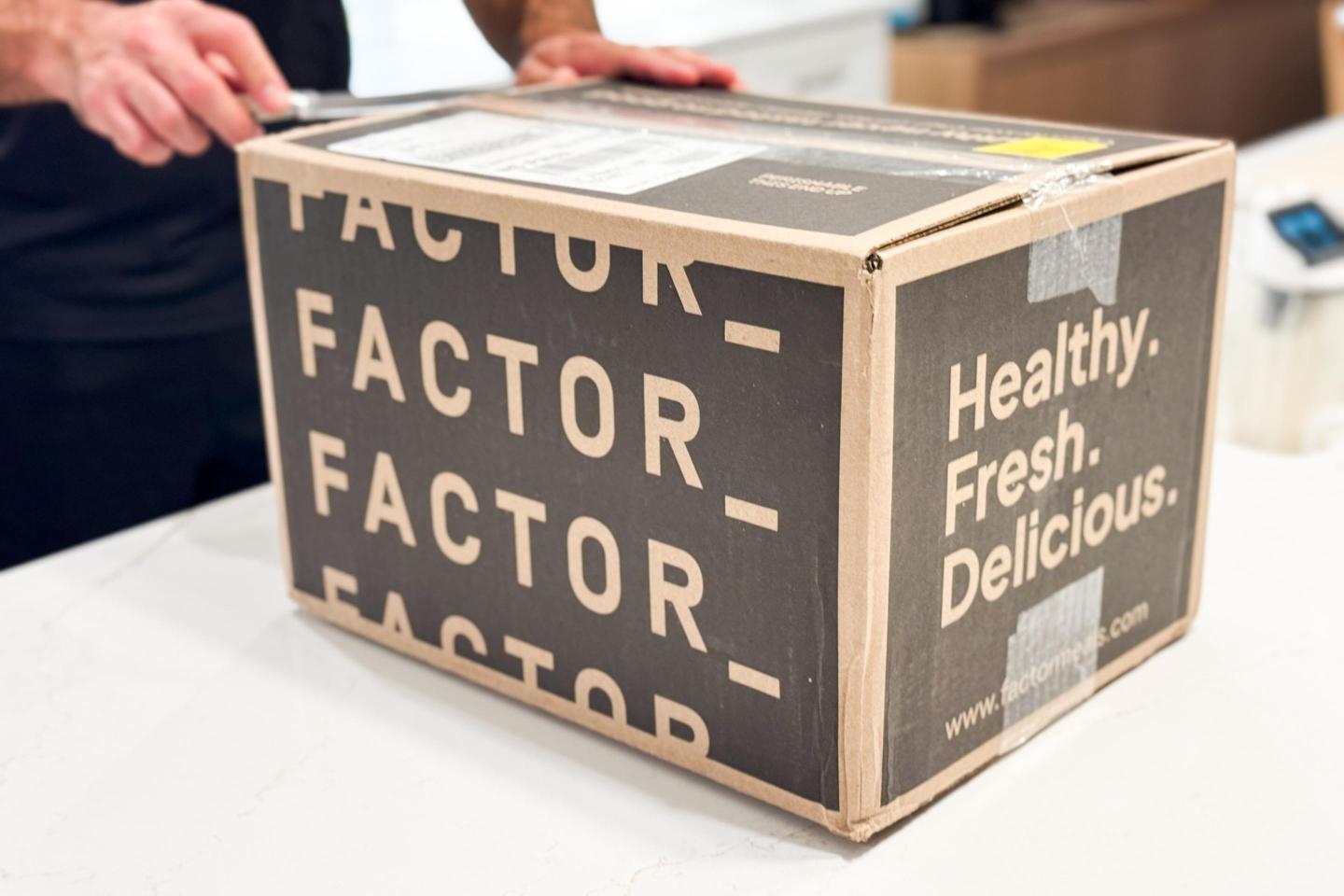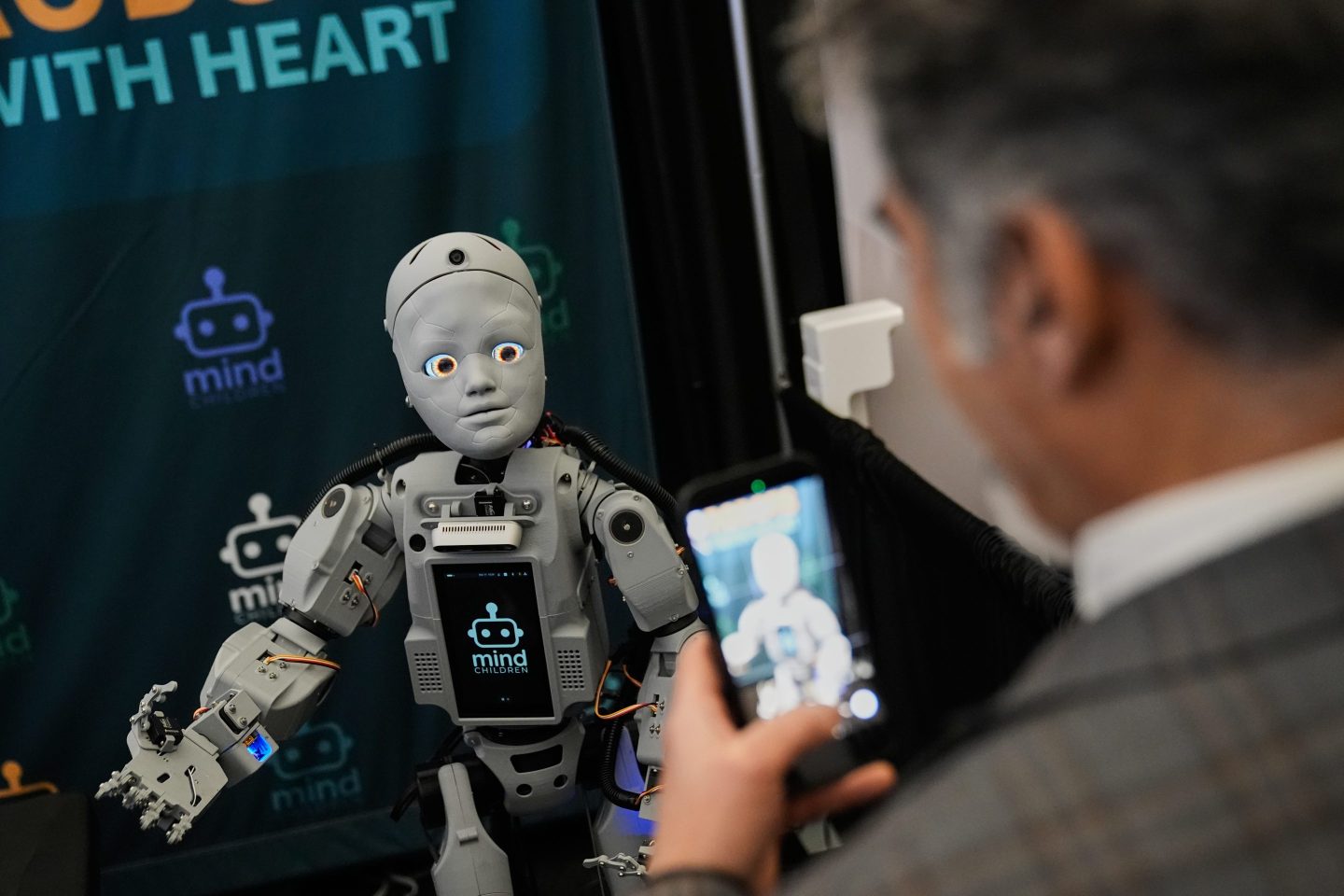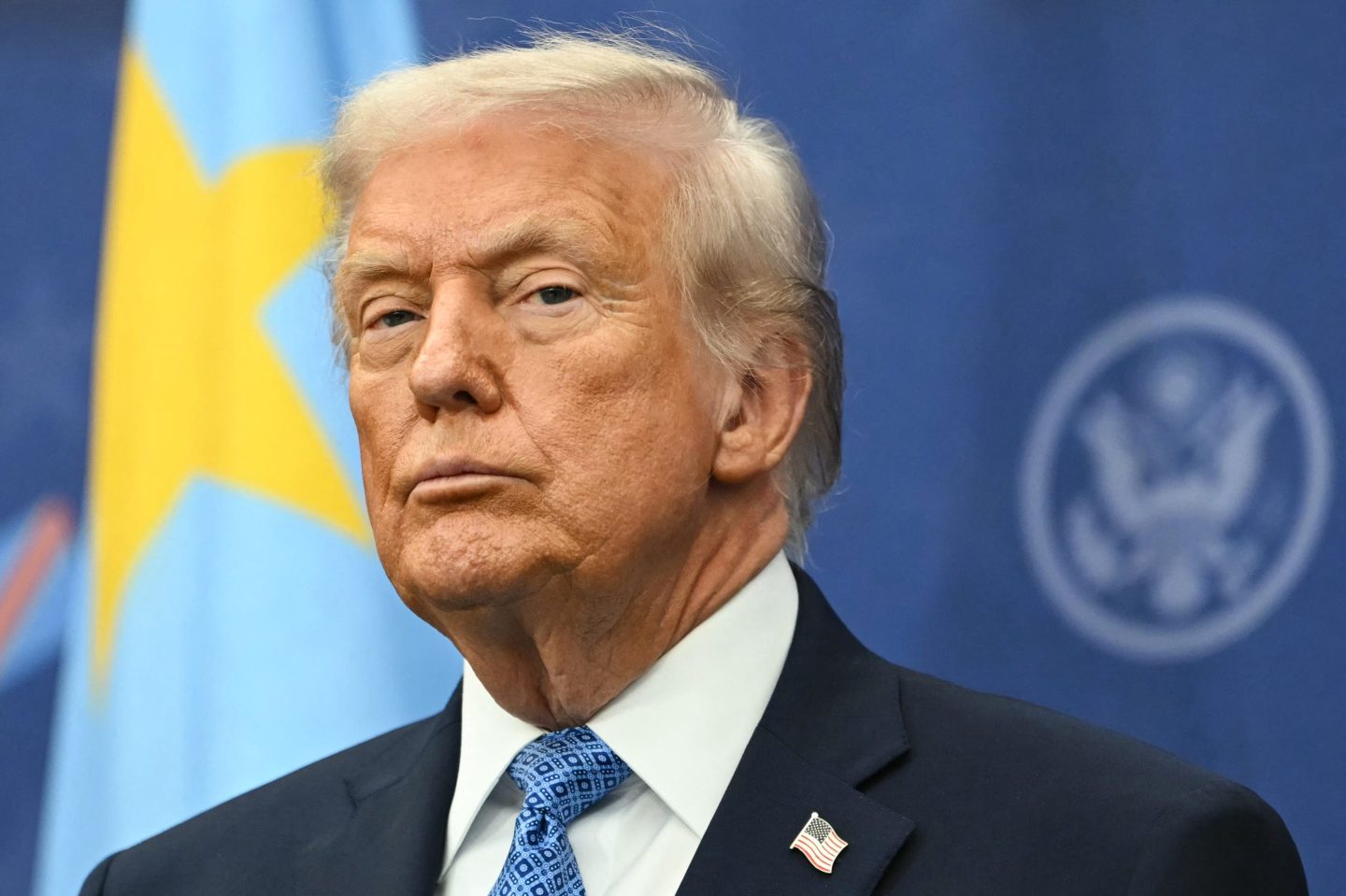When it comes to the Donald Trump presidency, nonvoters are just as responsible as verified 2016 voters for the presidential election results, according to a new study from the Pew Research Center.
The study notes an important statistic: four in 10 Americans who were eligible to vote did not do so in 2016. And by taking the unique (and uniquely valuable) step of validating those who claimed they voted, Pew researchers were able to determine who actually voted and who did not. Breaking out these categories into hard data makes it clear: Nonvoters in 2016 had just as much to do with establishing the Trump presidency as actual voters.
The study researchers also expanded on the demographic and political distinctions between voters and voter-eligible nonvoters. They noted that compared with validated votes, “nonvoters were more likely to be younger, less educated, less affluent, and nonwhite.”
The study includes a lot of granular statistics, some of which easily stand alone. For example, “Democrats and Democratic-leaning independents made up a 55% majority of nonvoters,” the researchers noted. An increase in under-30 voters in key swing states could have cinched the election for popular vote winner Hillary Clinton.
As this chart shows, nonvoters were more likely than voters to be younger, less educated, less affluent and nonwhite. And nonvoters were much more Democratic. pic.twitter.com/6nsCpg2O8g
— Pew Research Center (@pewresearch) August 9, 2018
And while the study shows that nonvoters were less likely to align with the Republican Party, the data gets fuzzier in terms of how nonvoters feel ideologically. “Owing in part to the tendency of nonvoters to be politically disengaged more generally, there are far more nonvoters than voters who fall into the ‘mixed’ category on the ideological consistency scale,” the study authors noted.
